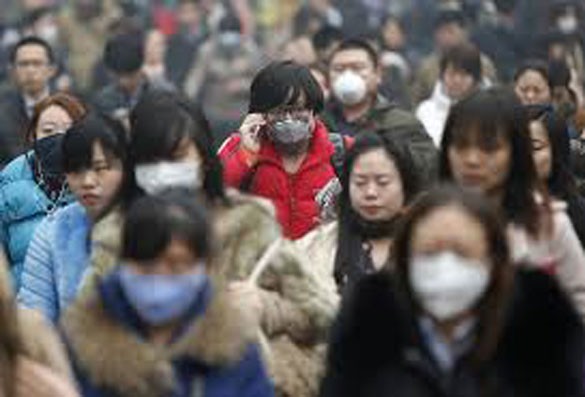Standards for everyday anti-smog masks are being considered for release by next year for public comment.
At present, clinical and industrial masks are the only type of masks that adheres to standard protocols, but it is difficult to determine if these masks are suitable for everyday use. Everyday use means fending off air pollution in general areas, most notably the PM2.5 pollutants which are especially dangerous.
According to Xinhua News Agency, the draft is due for submission soon to the Standardization Administration of China. This draft will list important features such as filtering and breathability.
Gong Guozhuo, an expert at the National Labor Protection Product Quality Supervision and Testing Center, said that the sales of low-quality and fake masks are widespread due to lack of customary properties.
China's biggest online marketplace, Taobao, had been selling anti-smog masks where its price ranges from 2.6 yuan to more than 100 yuan, and had been described as having filtering properties of over 99 percent.
Apparently, Gong said that only 40 percent of these masks are not up to the standard of anti-smog masks for industrial use. The most important feature, the filtering property, is less than 50 percent.
The planned standard for anti-smog masks would be lower than the standard of masks for industrial use in terms of its anti-smog effect, but just slightly lower, according to Zhao Danqing, CEO of Sinotextiles Co., which is the only company that is involved in the drafting of the standard anti-smog mask. Sinotextiles Co. is China's biggest mask producer.
Zhao had confirmed that the new standard will eliminate 30 to 40 percent of anti-pollution masks for everyday use currently on sale. He also said that masks for industrial use are not suitable for people such as the elderly, children and pregnant women.
China's Consumers' Association had tested 37 mask samples; only nine of them had passed the filtering effects and can be considered as "good."



























